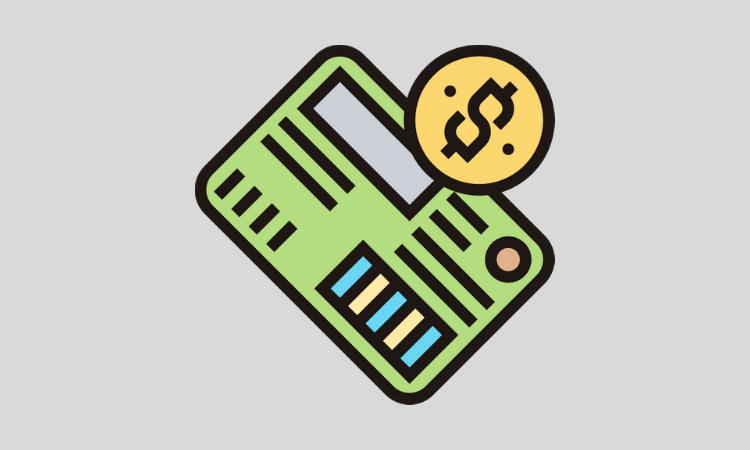Member Exclusive
‘Programs without gotchas’: Startups get more creative with rewards programs for debit card holders
- Rewards programs were generally used for credit card holders.
- As more fintechs launch debit offerings, there are introducing new incentives, as well.









